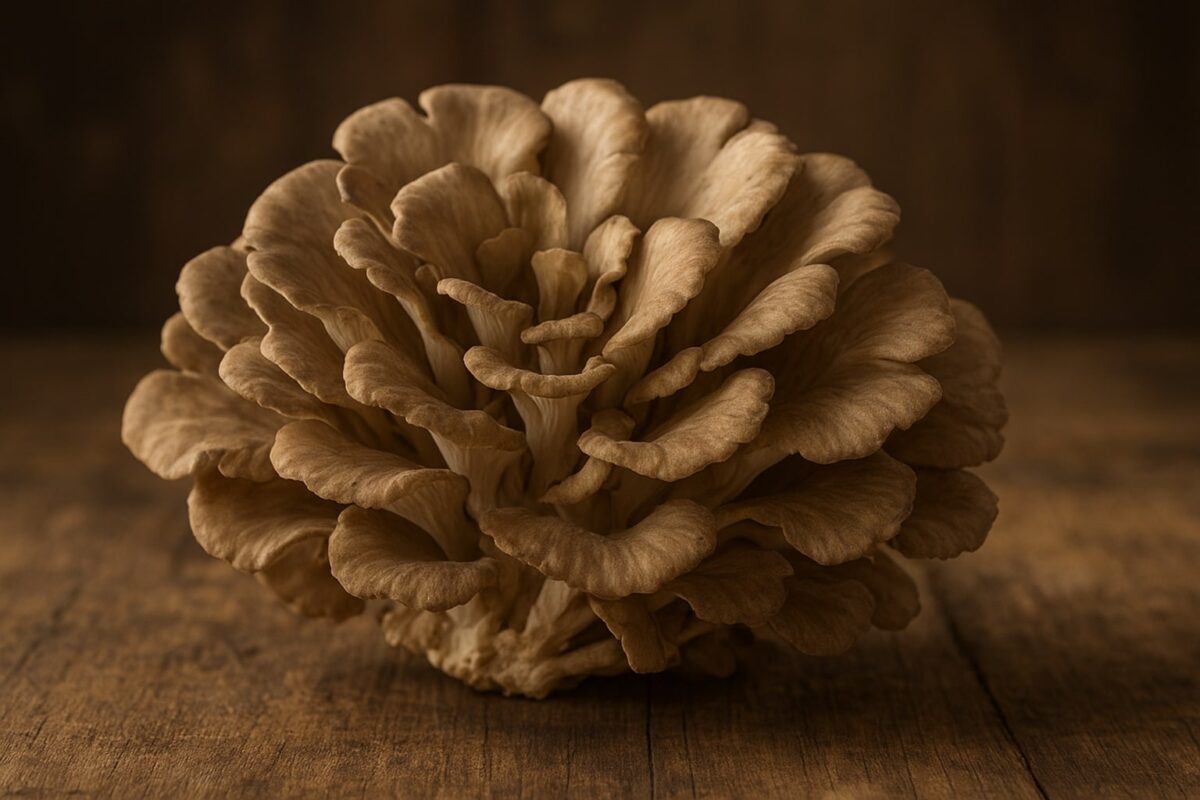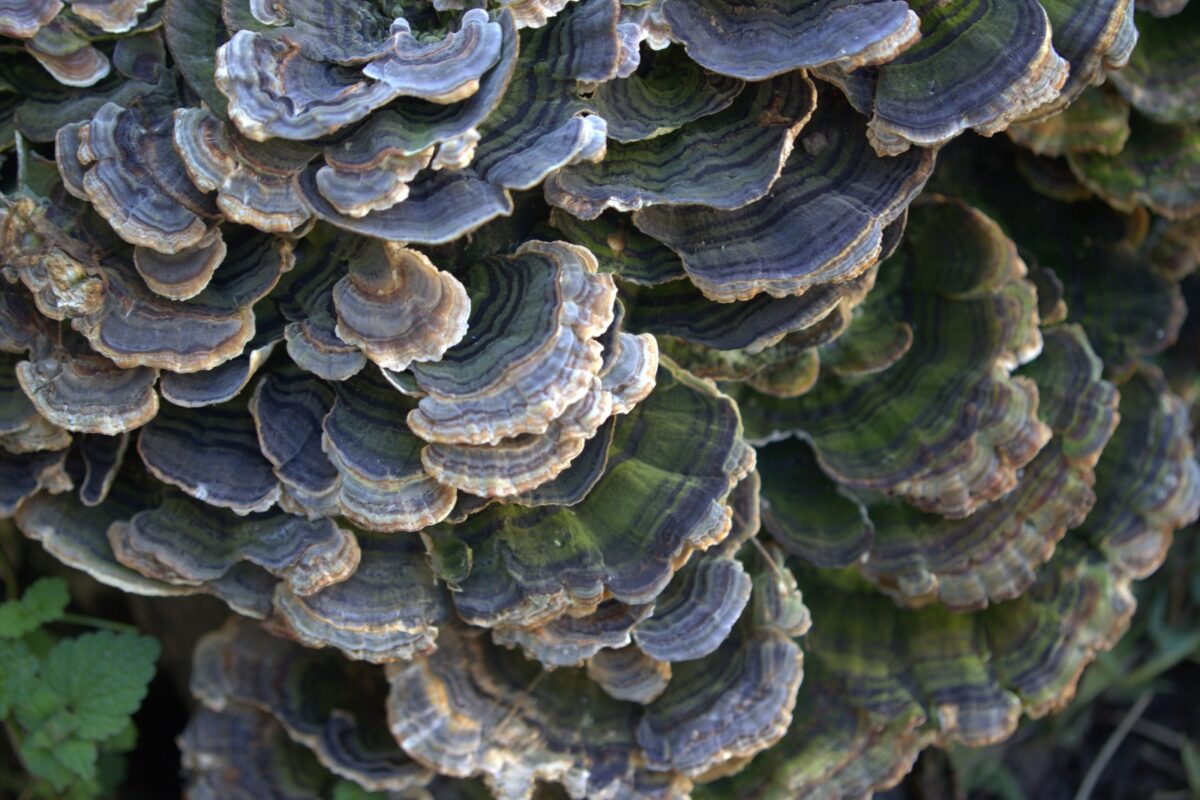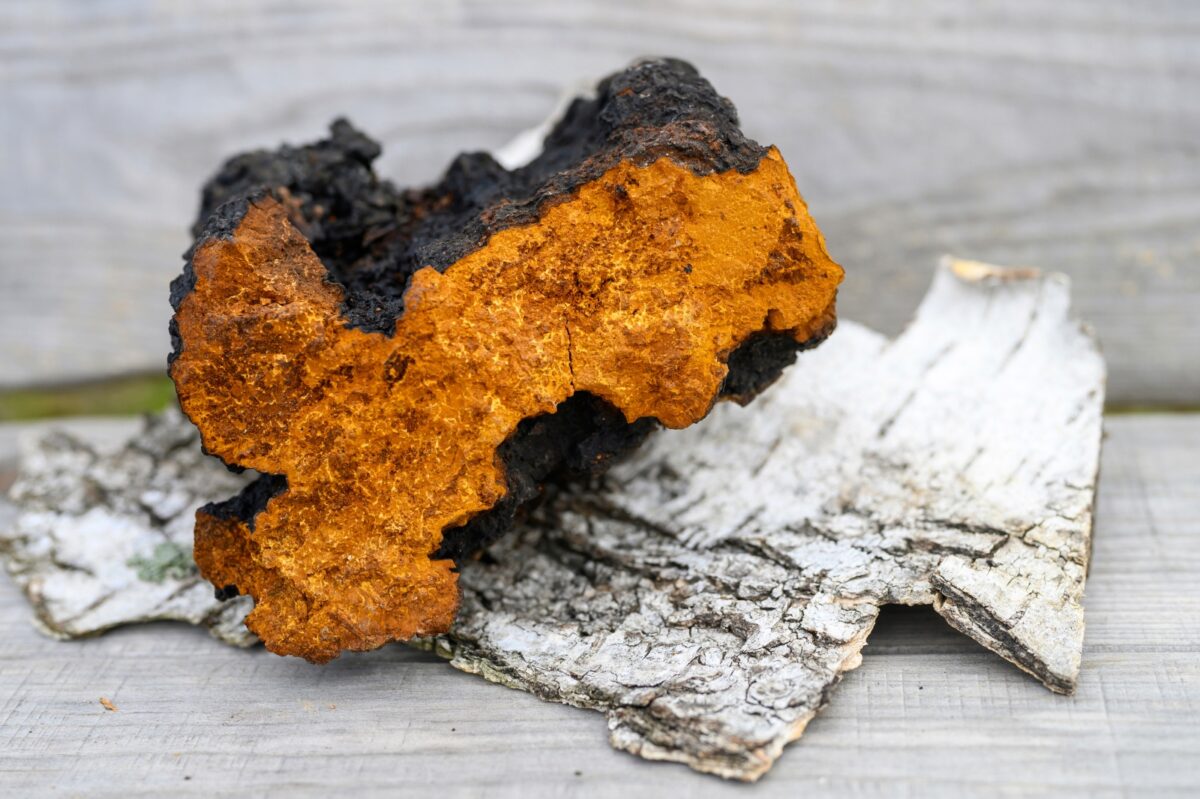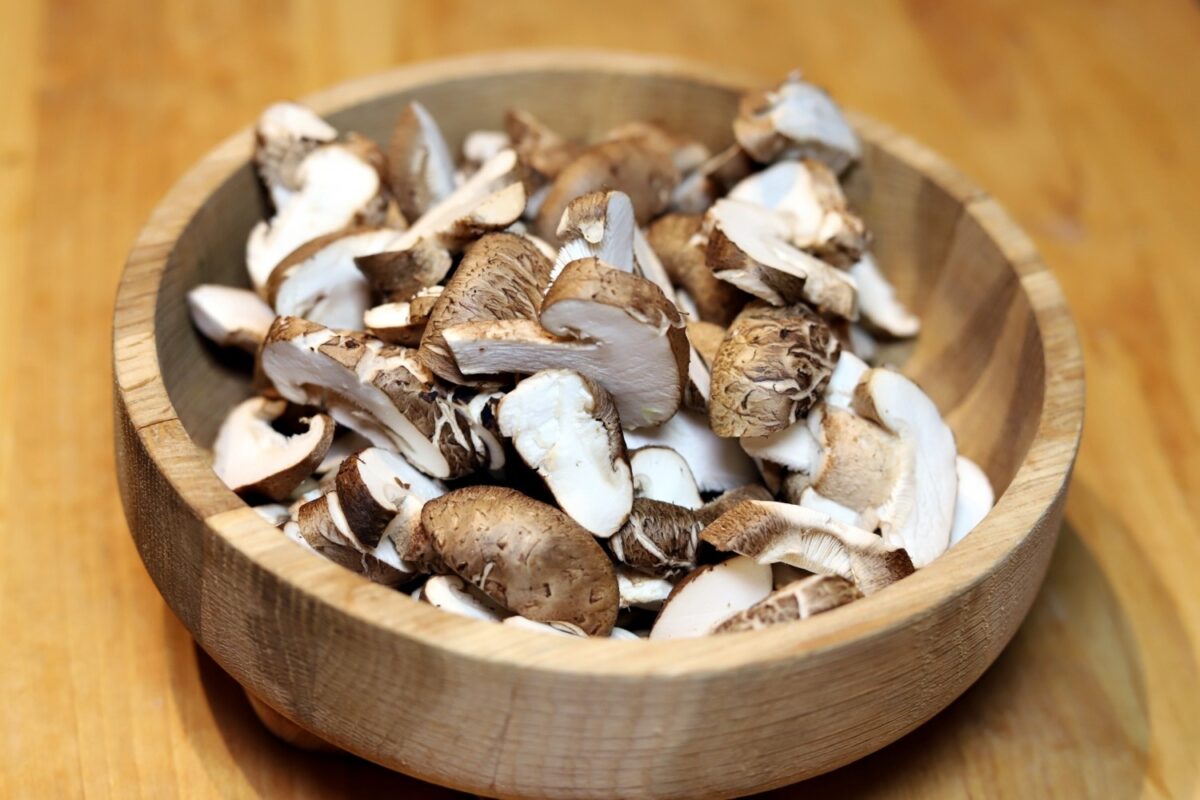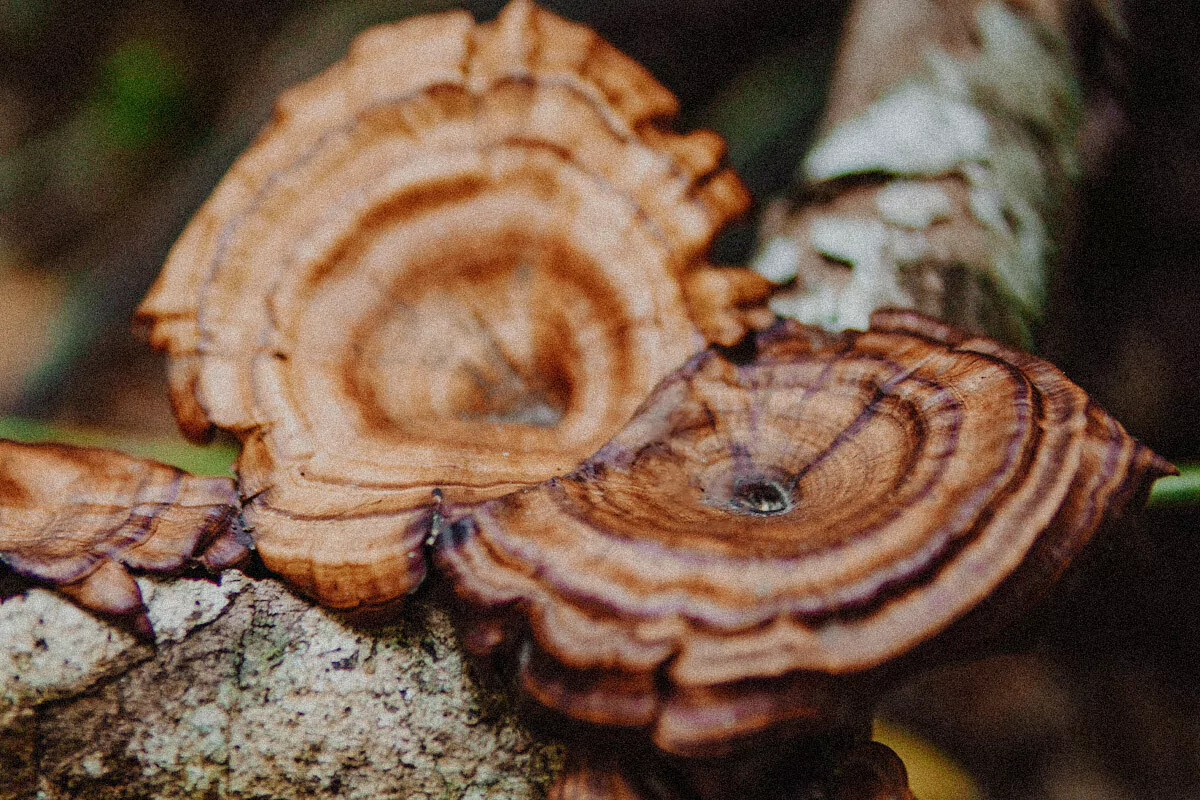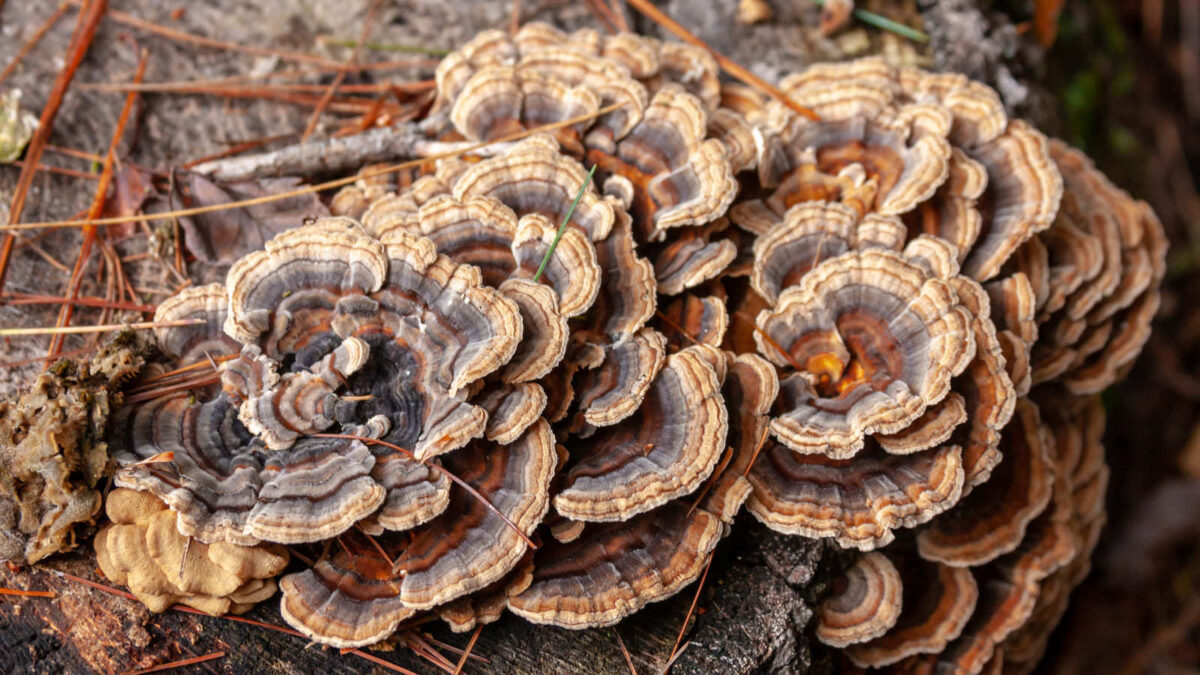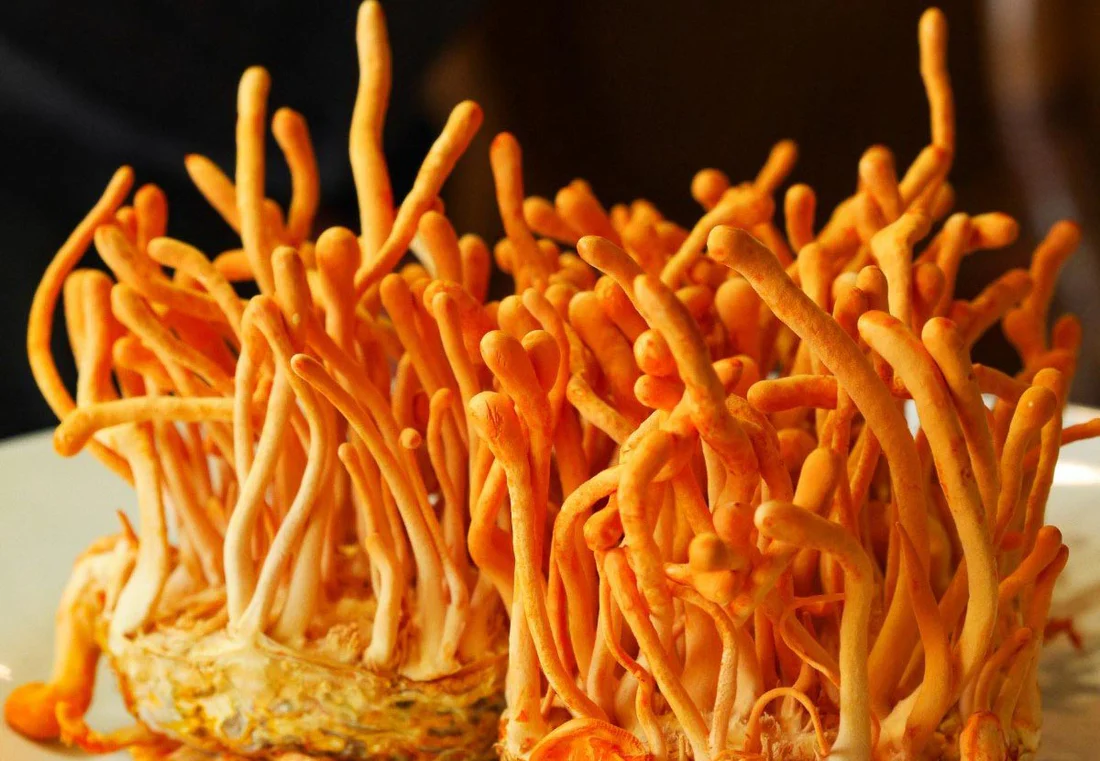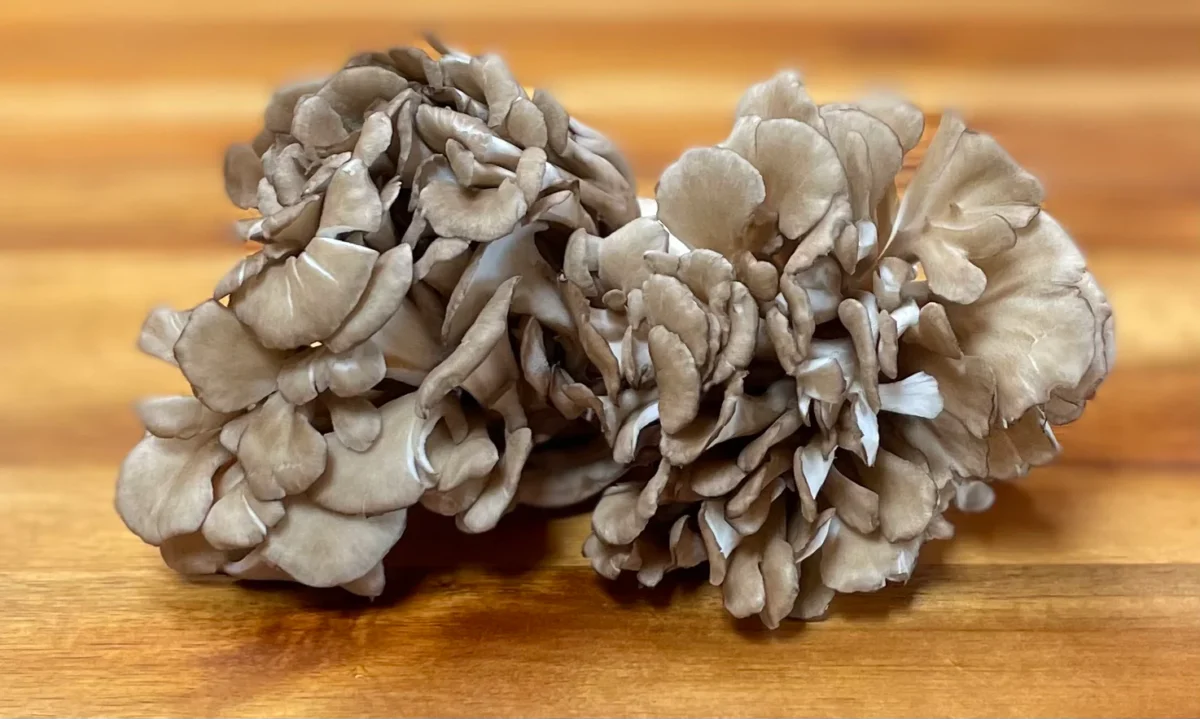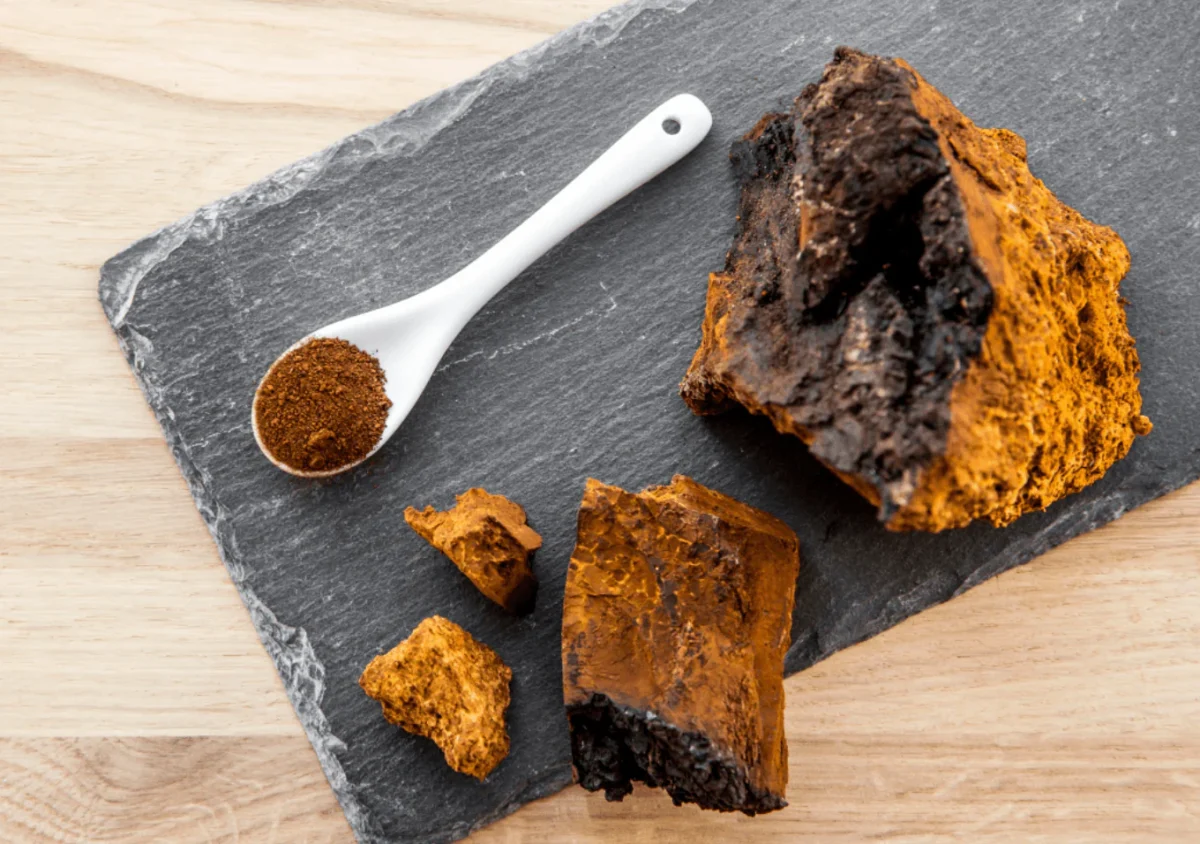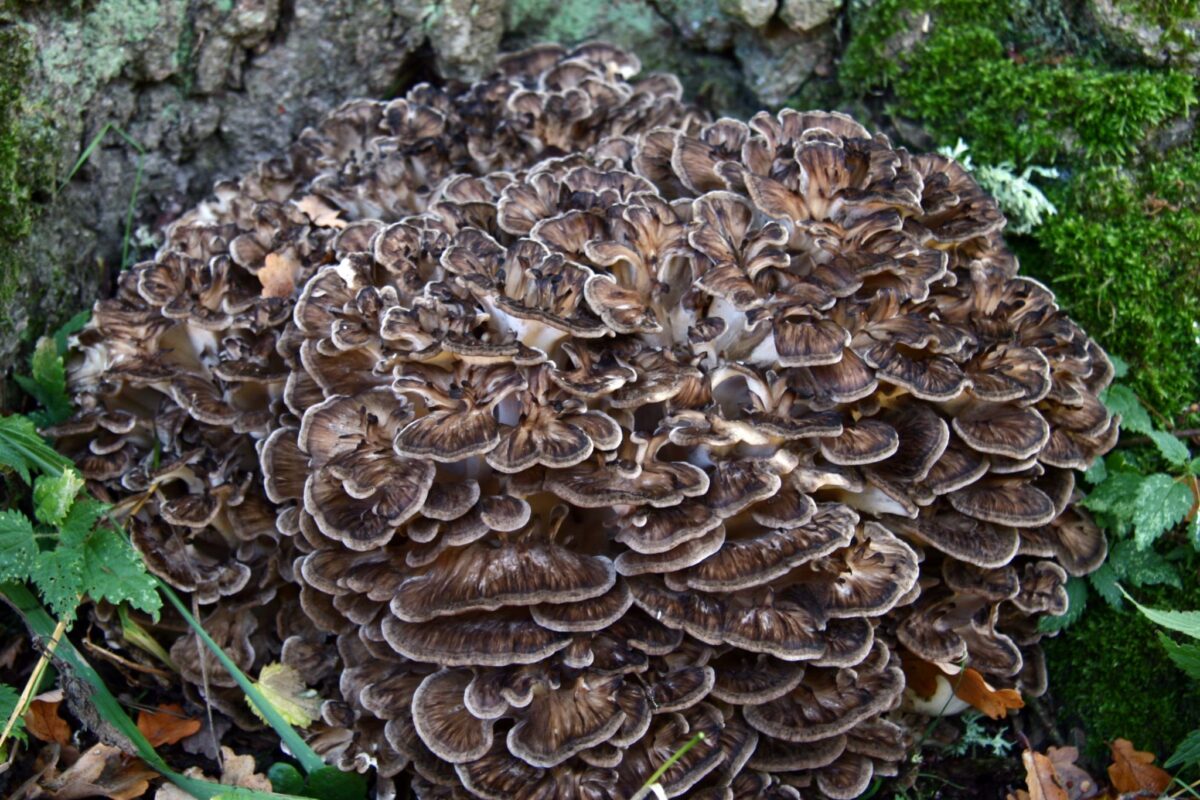Maitake Mushrooms – The “Dancing Mushroom”
Maitake mushrooms, often called the “Dancing Mushroom,” are one of the most celebrated functional mushrooms. Their name comes from their flowing, fan-like clusters that appear to be dancing in the forest, and folklore tells of people dancing with joy when discovering them in the wild. Native to the forests of Japan, China, and North America, Maitake has been enjoyed for centuries for its rich, earthy flavor and its versatility in traditional mushroom practices.
Functional Mushroom Spotlight: Maitake
Maitake is valued in the world of functional mushrooms for its unique taste, texture, and adaptability. Unlike common culinary mushrooms, Maitake is often featured in powders, capsules, tinctures, and gummies — making it easy to incorporate into a daily routine. It blends effortlessly into beverages, recipes, or convenient formats for those on the go.
Maitake Extract Powder
Our Maitake Extract Powder offers a flexible way to enjoy this iconic mushroom. The powder can be easily blended into smoothies, coffee, or teas, allowing you to integrate Maitake into everyday meals or beverages. Its concentrated form means you get a consistent experience with every serving, and it’s perfect for anyone who prefers to mix functional mushrooms directly into their dishes, drinks or snacks!
Maitake Capsules
For those who value convenience, our Maitake Capsules provide a simple, ready-to-take option. Each capsule contains a precise amount of Maitake extract, making it easy to include in a daily routine without measuring the correct dosage each time. Capsules are ideal for people with busy lifestyles who want a straightforward way to enjoy functional mushrooms on the go.
Maitake Gummies
Our Maitake Gummies combine function and flavor. Gummies are a great way to experience the mushroom in a delicious and approachable format, especially for those who might prefer a chewable option over powders or capsules. They make it simple to incorporate Maitake into daily routines while enjoying a tasty treat.
Maitake Tincture
The Maitake Tincture is a concentrated liquid extract that’s easy to add to water, tea, or other beverages. Tinctures are particularly convenient for people who want flexibility in dosage or enjoy the quick absorption of liquid extracts. This format offers an easy way to experience Maitake without preparation or cooking.
Why Choose Organic Mushrooms?
What are our customers saying about our Maitake mushroom products?
Sierra V. (5 Stars)
“Works well in soups and seems to help with my energy through the day.”
Ronan M. (5 Stars)
“One scoop into my morning oats helps keep blood sugar even and energy consistent. I feel light on my feet and motivated for lunchtime training.”
Ivy V. (5 Stars)
“Two droppers with breakfast gave gentle stamina and a calmer stomach. Cardiovascular claims are hard to confirm, but I felt more willing to train.”
Corbin Y. (5 Stars)
“A few drops help me cruise through spreadsheets with stable concentration and comfortable digestion. I end the day feeling strong rather than drained.”
Why Choose Organic Mushrooms?
At Organic Mushrooms, we focus on quality and sustainability. All our products are crafted from carefully Canadian sourced, organic mushrooms to ensure a clean and reliable experience. Each of our products, from powders to tinctures, is designed to make functional mushrooms accessible and enjoyable, whether you’re new to the world of Maitake or a seasoned functional mushroom enthusiast.


